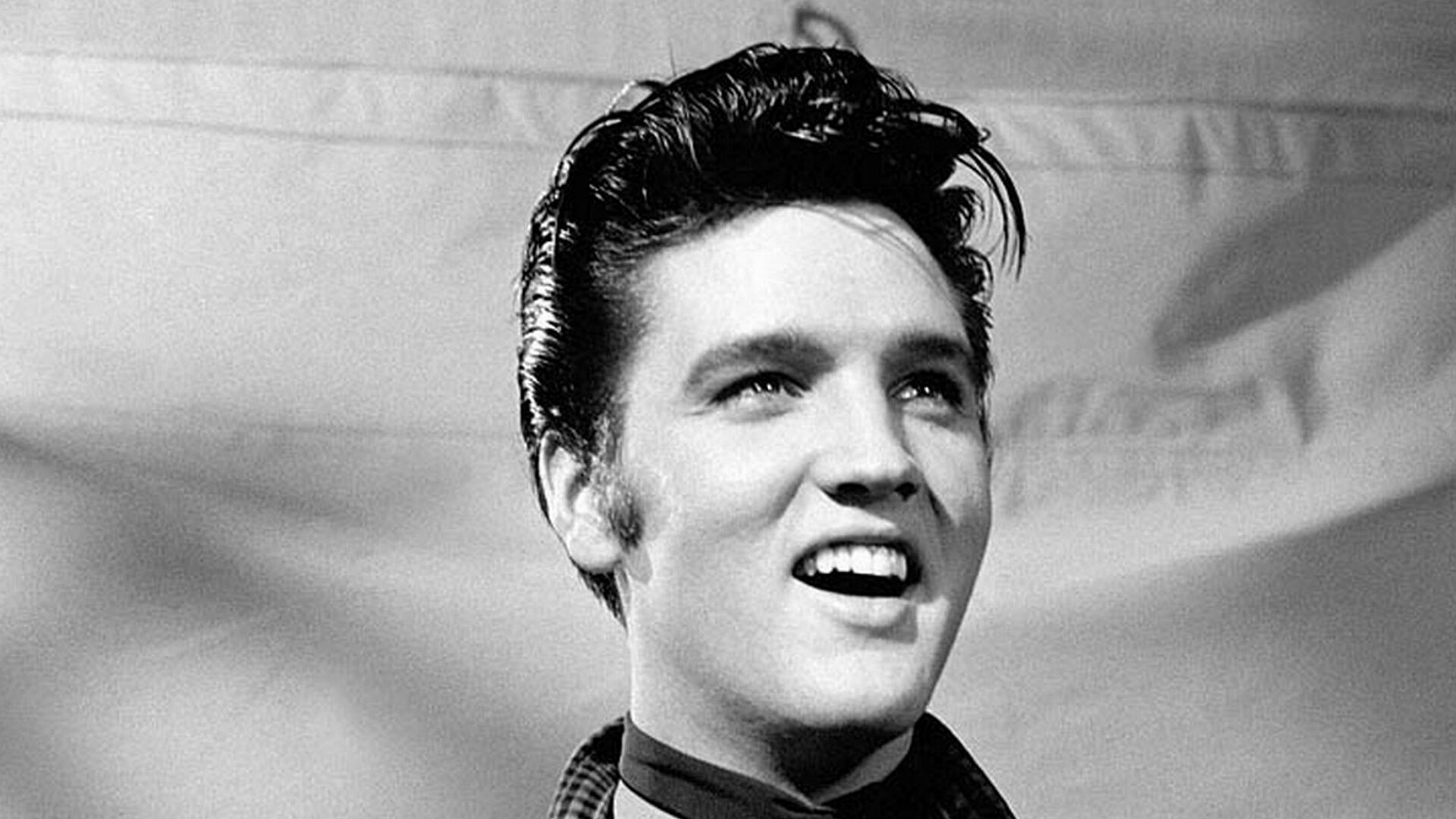
Love Fractured by Doubt: The Torment and Redemption in a Lover’s Last Plea
When Elvis Presley released “Suspicious Minds” in August 1969, it marked not just a triumphant return to chart dominance—with the single soaring to No. 1 on the Billboard Hot 100—but a soul-baring renaissance that redefined the King’s legacy in an era of profound cultural and musical upheaval. Culled from his acclaimed From Elvis in Memphis sessions but released as a standalone single, “Suspicious Minds” emerged as the jewel in the crown of Presley’s late-60s comeback, anchoring him once again at the heart of American music with a rawness and vulnerability that had been long buried beneath the rhinestones of his cinematic detours.
The story of “Suspicious Minds” begins with songwriter Mark James, who originally recorded the track himself in 1968 under producer Chips Moman at American Sound Studio in Memphis. Although James’ version failed to gain commercial traction, its thematic potency—exploring mistrust, self-sabotage, and emotional entrapment—found new life when Presley stepped into that same studio the following year. Guided by Moman and backed by the celebrated Memphis Boys session band, Presley channeled his own inner turbulence into the song, yielding one of his most emotionally immediate performances.
Lyrically, “Suspicious Minds” is a confessional cry from a man ensnared in the corrosive grip of doubt. “We can’t go on together / With suspicious minds,” Presley sings, each word heavy with desperation. There is no villain here—only two lovers caught in an echo chamber of fear and mistrust. The narrator pleads not just for belief but for salvation: “Don’t let our love survive / Or dry the tears from your eyes.” It’s a sentiment as timeless as love itself—the aching knowledge that once suspicion creeps into intimacy, it becomes a shadow that distorts every gesture, every silence.
Musically, the song is masterfully constructed to mirror its emotional stakes. The arrangement builds slowly, beginning with a subtle guitar motif before swelling into a majestic blend of horns, strings, and gospel-tinged backing vocals. Presley’s voice carries the track—anguished yet resolute—as he navigates crescendos that mimic rising panic and breakdowns that evoke weary surrender. The now-iconic fade-out/fade-in toward the end—initially a point of contention between Moman and RCA executives—feels like a metaphorical looping trap of paranoia from which there is no escape.
In many ways, “Suspicious Minds” captures Presley at his most human. Stripped of the mythic posturing of earlier years, this is not the impassive idol swaying hips behind screams and camera lenses; this is Elvis the man—wounded, flawed, imploring. It is telling that this would be his final U.S. No. 1 hit during his lifetime—a parting statement of sorts, offering not triumph but truth.
As such, “Suspicious Minds” transcends its era not simply as a pop hit but as an enduring meditation on love’s fragility. It belongs less to any specific moment than to those private hours we spend grappling with our deepest fears—the fear of losing someone we can no longer trust, or worse, someone who no longer trusts us. In giving voice to those moments with such unflinching clarity and passion, Presley carved out one of his finest—and most haunting—testaments.